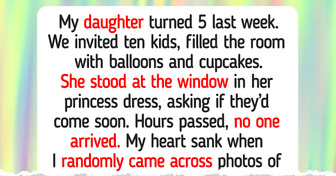idk why this has so many dislikes
Why We Sometimes Feel Pins and Needles and What to Do to Make It Stop
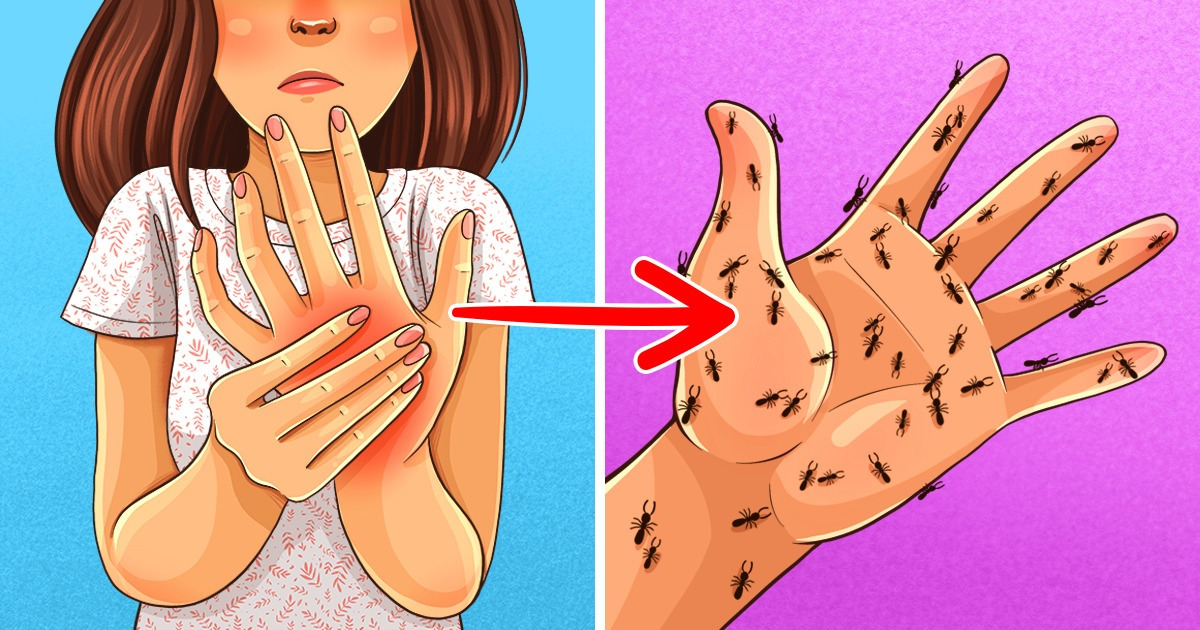
You’ve probably experienced at least once that, after being in the same position for a long time, you feel that a part of your body “falls asleep.” Then, when you try to move, you start feeling pins and needles there. Sometimes it becomes so uncomfortable that you don’t even want to move. If you’re wondering how to stop that and why it happens you’ve landed on the right article.
Bright Side decided to do some online research to find out more about that horrible tingly feeling and to see if there’s something that we can do to make it stop forever. Spoiler alert: There’s not. But at least you can decrease the chances of it happening!
What this tingling sensation is actually called
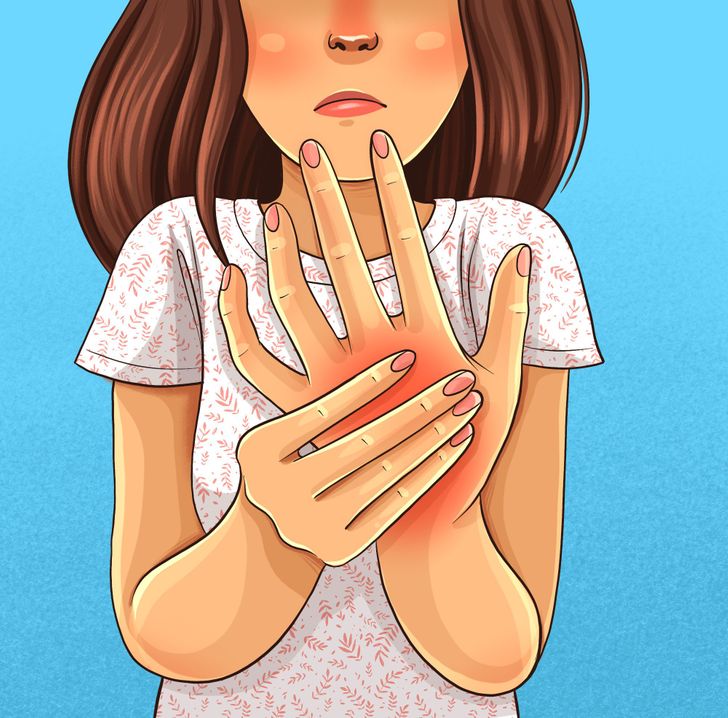
According to the National Institute of Neurological Disorders and Stroke, the sensation of numbness, as well as burning or prickling in your body, is called paresthesia. This is usually felt in your hands, arms, legs, or feet, but can also occur in other parts of your body. You’ve probably had this feeling before, it’s as if a bunch of ants is crawling through that part of your body, and it can be very uncomfortable.
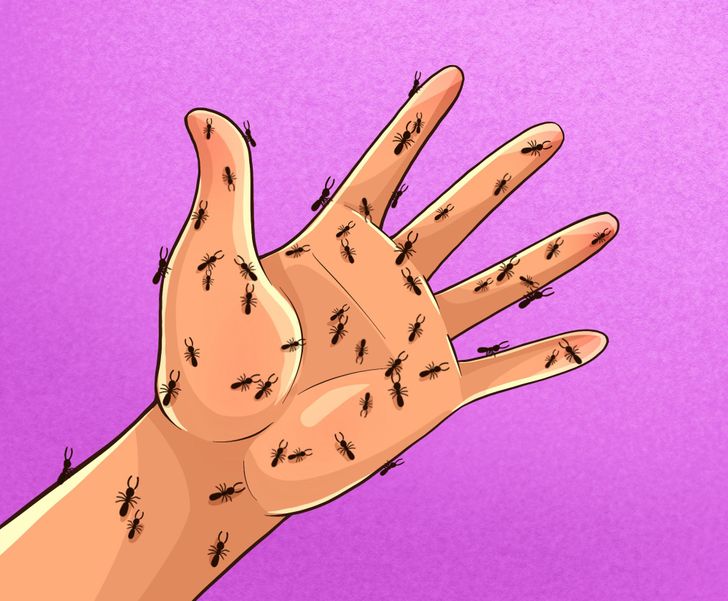
A study that looked into sensations aroused in limbs when applying pressure shows that this numbness usually appears without prior warning. That’s because the subject is not usually aware of when the feeling starts. On top of that, it does not always cause pain, but just mostly discomfort. Millions of people around the world are subject to having these types of discomfort, especially those whose profession could limit their physical mobility, like office jobs where it’s common to spend long hours sitting down.
When does the loss of sensation occur
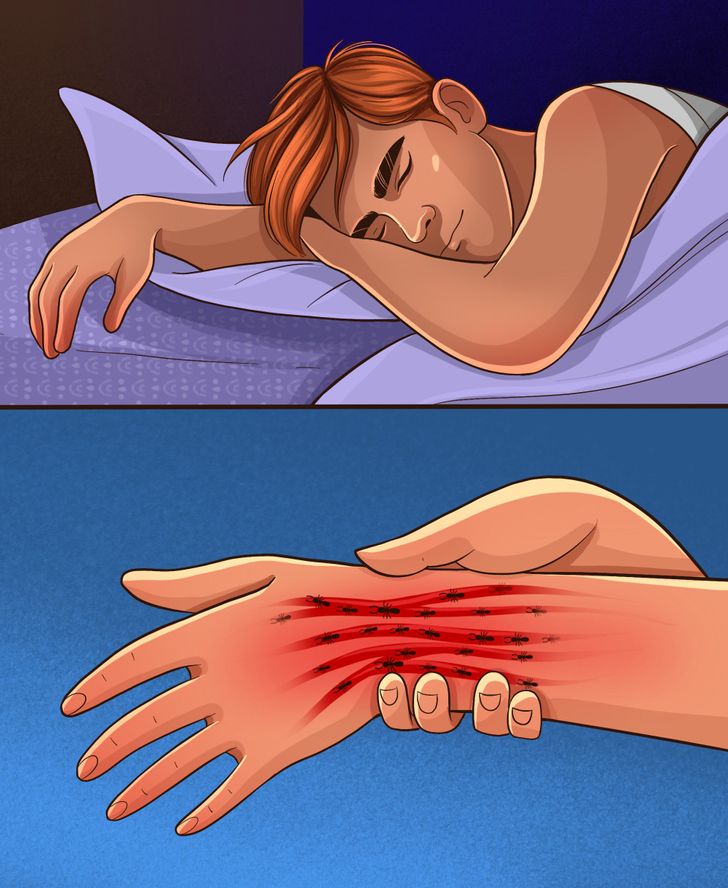
It won’t come as a surprise to say that, at some point in our lives, we have all experienced what’s officially called transient paresthesia. You might have described it as a part of your body “falling asleep” and it’s popularly referred to as “pins and needles.” This happens when we have been in the same position for a long time. It also often happens when we sit with our legs crossed or fall asleep with one arm folded under our head.
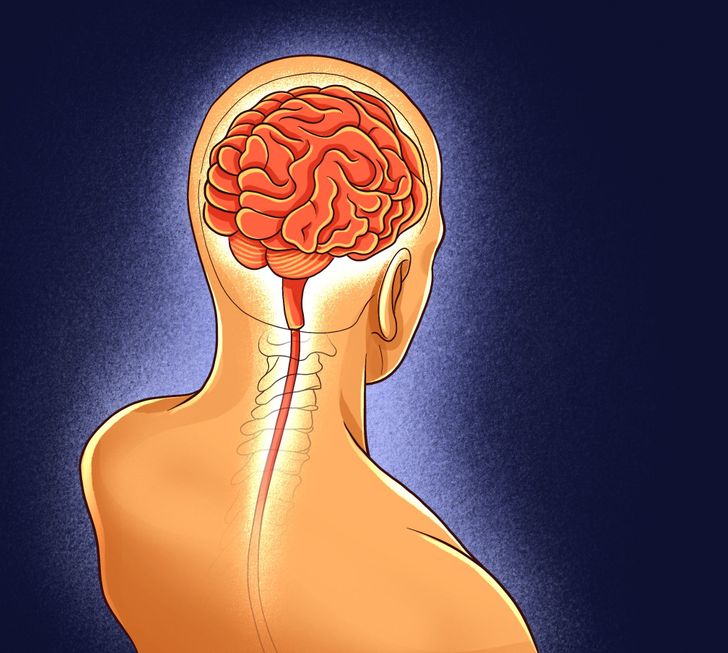
In most cases, this occurs when sustained pressure is exerted on a nerve, as we mentioned before. However, you should know that it can also be the result of an existing injury or some other underlying condition involving damage to the nervous system, like a nerve injury, a herniated disc, a tumor, or something else.
How long does the tingling sensation last
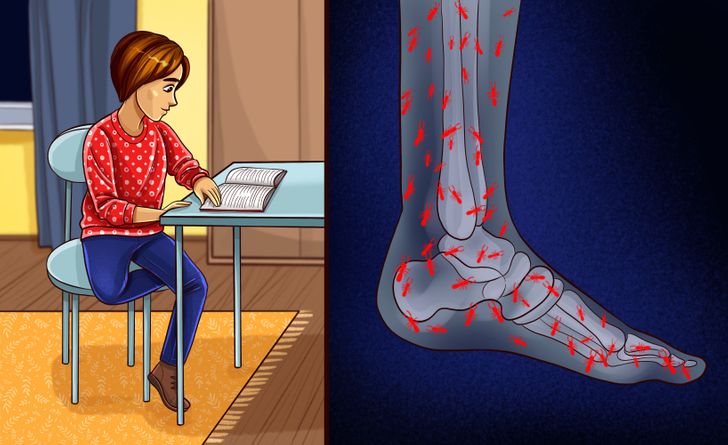
When suffering from paresthesia, the affected limb becomes numb and stiff, but at the same time remains flexible. This increases the sensitivity of the affected area when it rests on a hard or soft surface, and as it spreads to other parts of the affected limb.
The sensation of a numb limb usually fades away fairly quickly once the pressure on the nerve that was affected is relieved, causing the blood to circulate there again. In order for this to happen, you can just move the numb part by doing exercise, stretching, or massaging it. Gradually, the tingling will diminish until it disappears.
These are some possible consequences of paresthesia
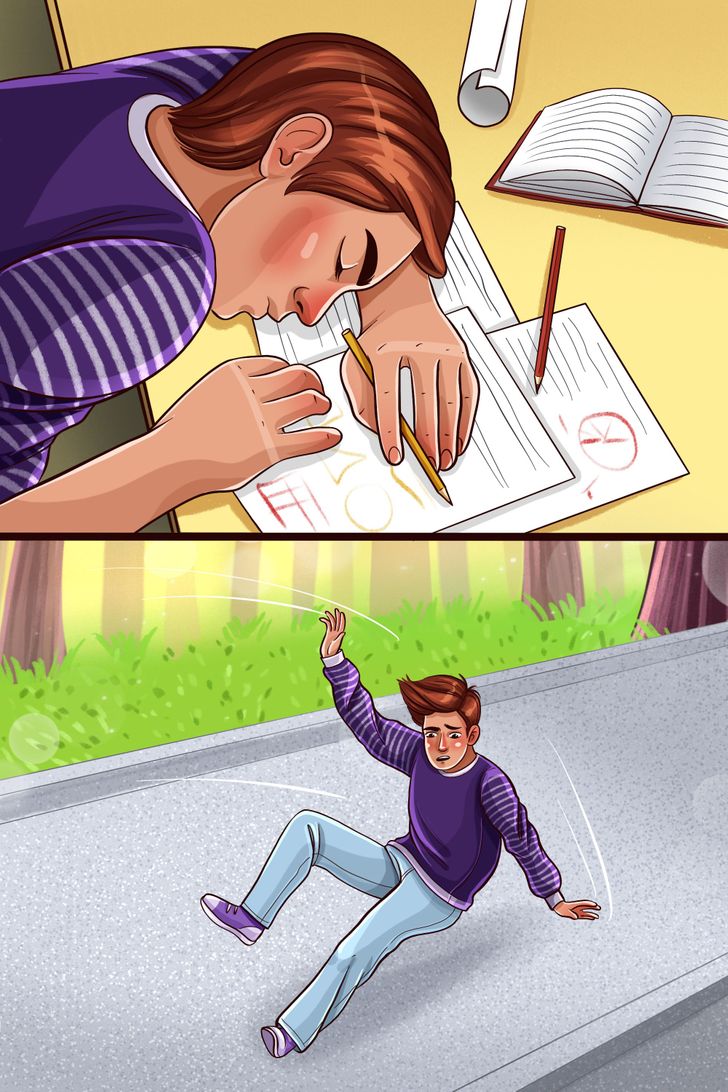
Still, due to the sensations produced by paresthesia, there are some consequences that might occur. Some of these are:
- Blood circulation problems
- Adoption of abnormal postures while sleeping, resulting in various disorders due to tiredness or lack of sleep
- Difficulty walking or driving
- Increased risk of falling
There are different types of paresthesia
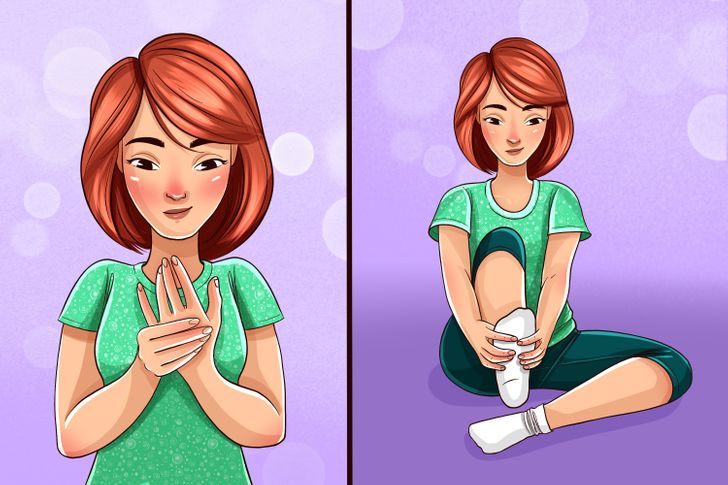
Some types of paresthesia are:
- Buerger’s paresthesia: this is a type of skin paresthesia, characterized by tingling, stinging, or weakness and loss of sensation in the legs, fingers, and toes. The symptoms from this paresthesia can sometimes be mistaken for atherosclerosis and other types of diseases. The typical patients are actually young people, from 20 to 24 years old, that have unhealthy habits.
- Meralgia paresthetica: a condition characterized by numbness, tingling, and burning in the outer thigh.
When paresthesia becomes chronic
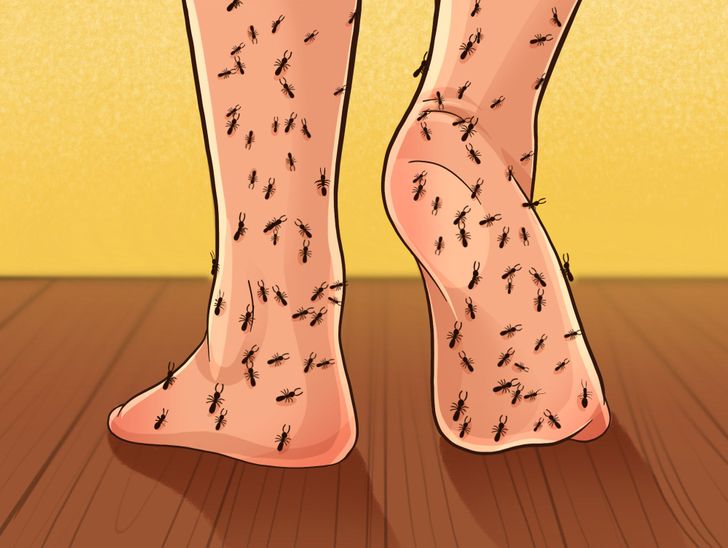
If this strange pins and needles feeling happens to you or someone you know on a very regular basis, then we might be dealing with a case of chronic paresthesia. This is usually the symptom of a neurological disease or of traumatic nerve damage. It might be caused by disorders affecting the central nervous system in the first place. Some of these can be a stroke, multiple sclerosis, or encephalitis. A tumor or vascular injury could also be the cause of this problem. Some syndromes, like carpal tunnel syndrome, can damage peripheral nerves and cause paresthesia accompanied by pain.
It’s important to pay a visit to your doctor’s office
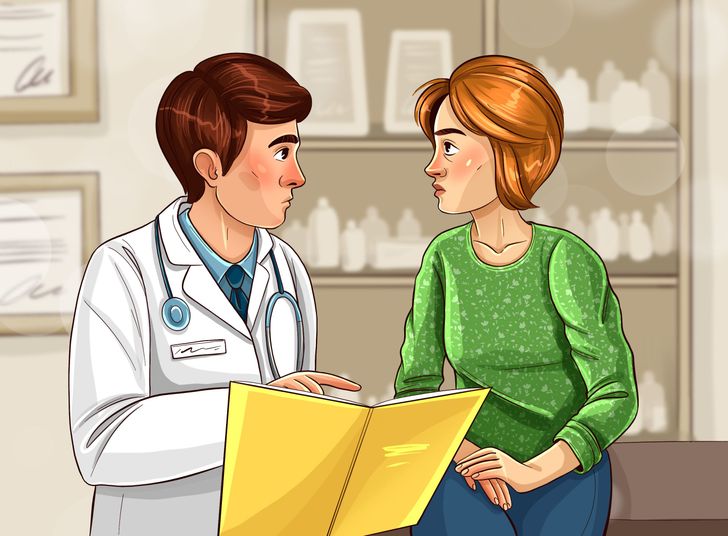
The diagnosis, that is always done by a specialist, usually consists of a study of the patient’s medical history, a physical examination, and laboratory tests. In some cases, depending on the patient, the physician may request additional tests. If the cause of the burning or itching is a pathological condition, it’s important to keep it under control.
Therefore, you should consult a physician if:
- You suffer from sudden paresthesia or weakness.
- The numbness progressively spreads to other parts of your body.
- You have trouble breathing.
- You suffer from bladder and/or bowel incontinence.
- You feel numbness on both sides of your body.
- You lose sensation in your face or torso.
- The entire limb “falls asleep” completely.
- You experience altered consciousness.
- You have changes in vision.
- You have speech problems
- The paresthesia occurs after hitting your head, neck, or back.
Do you frequently suffer from paresthesia? What do you find most annoying about it? Do you have any tips to make the pins and needles go away quickly?
Comments
Thanks for the explanation, I always wondered why it happened, I usually just shake my arm to make it stop though
There's also this thing where you get such tingly stings when you hit your elbow on the corner or something
There's something so off putting to seeing these scorpions on the legs drawn like that D:
Related Reads
20 Photos Showing What Really Happened on the Sets of Our Favorite Movies

11 Narcissistic Traits of Mothers Who Don’t Even Know They’re Ruining Their Kids’ Lives

19 Hair-Raising Photos That Can Send Shivers Down Your Spine

I Refused to Share My Inheritance, Now My Own Kids Are Turning Against Me

14 Real-Life Plot Twists That Could Make Hollywood Drama Look Tame

I Refuse to Share My Inheritance With My Sister—She Doesn’t Deserve a Penny of It

I’m Not Delaying My Retirement for My Sick Daughter — I’m Done Being Her Cash Cow

I Refused to Support My Parents After Years of Neglect—I’m Not Their Retirement Plan

I Refuse to Keep Paying for “Family Trips” I Never Get to Go On

12 Family Stories With a Twist That Could Rival Any Sitcom Script

My Husband Made Me Care for His Sick Mother, So I Served a Payback He Won’t Forget
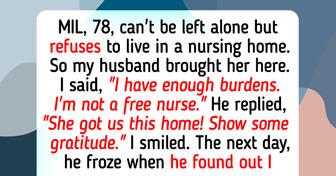
I Refuse to Let Heartless Parents Ruin My Daughter’s Birthday
